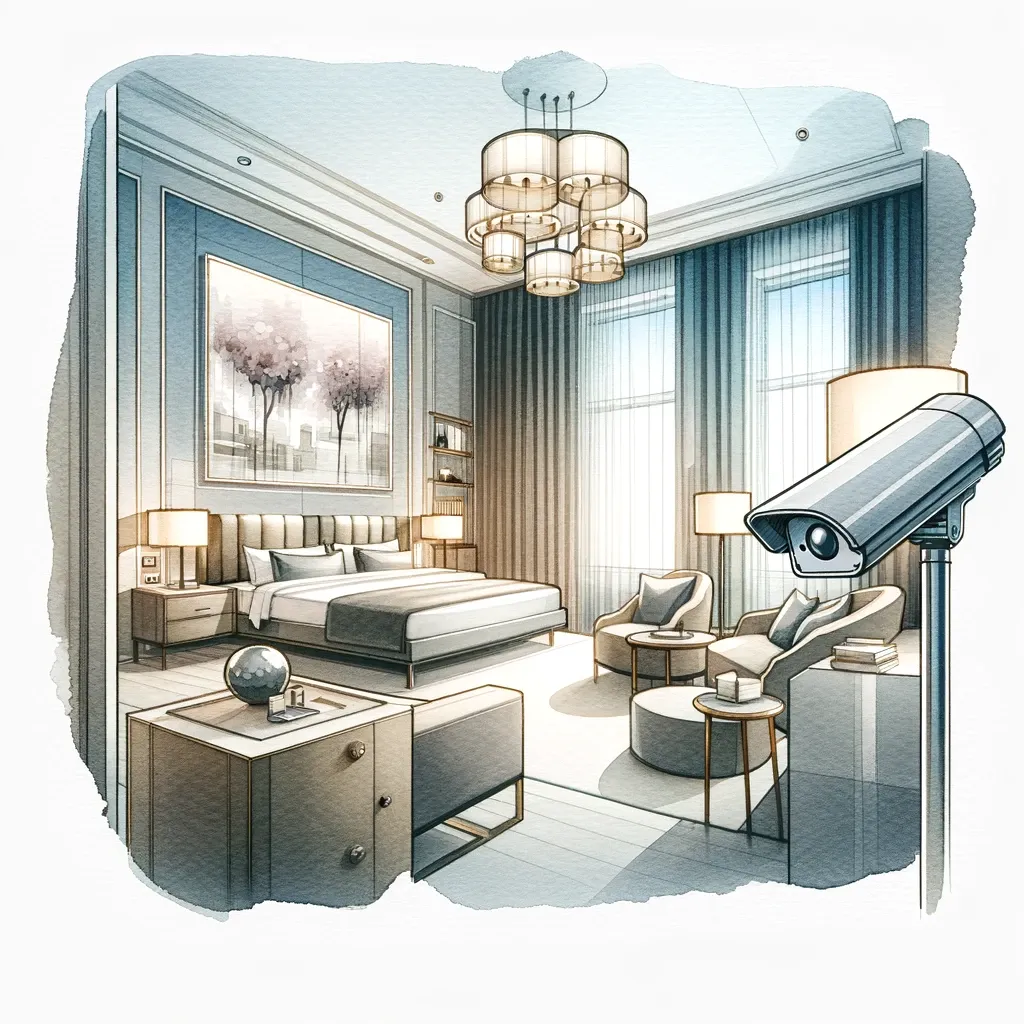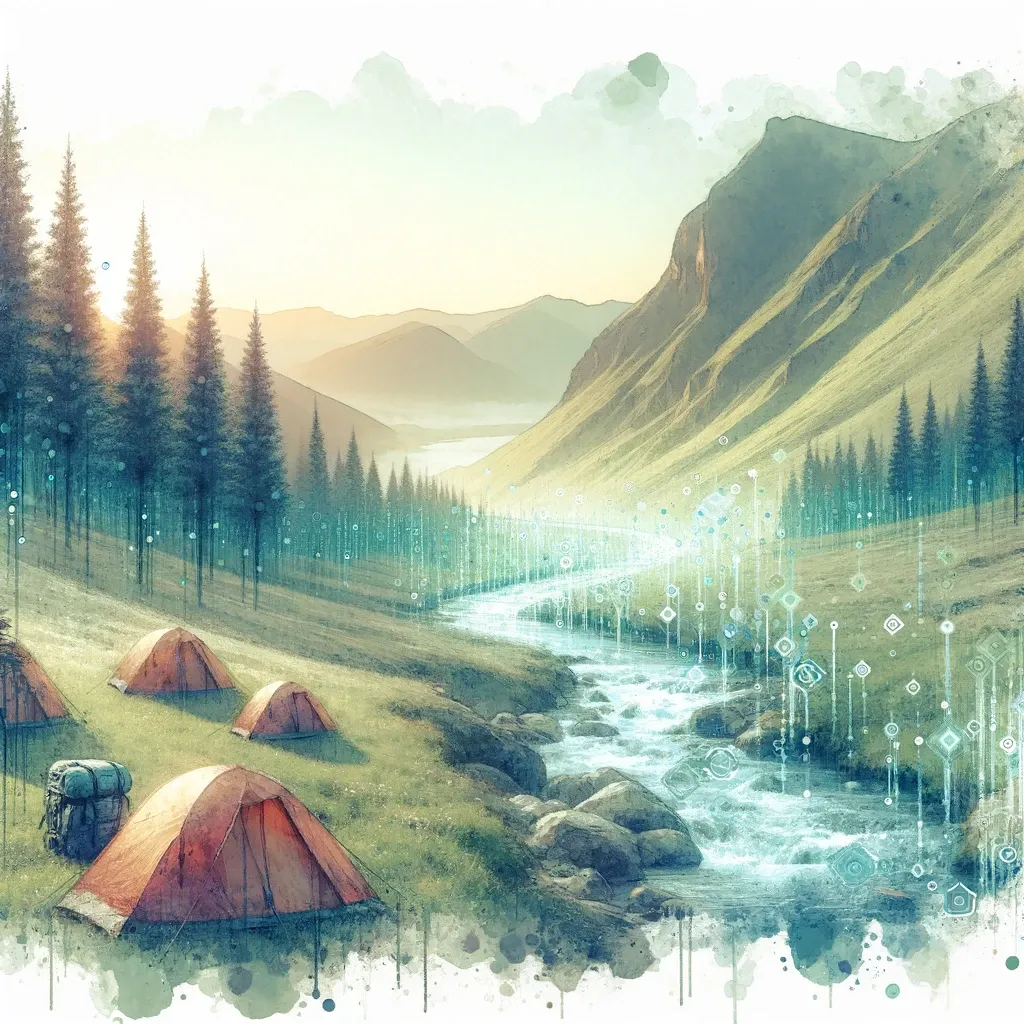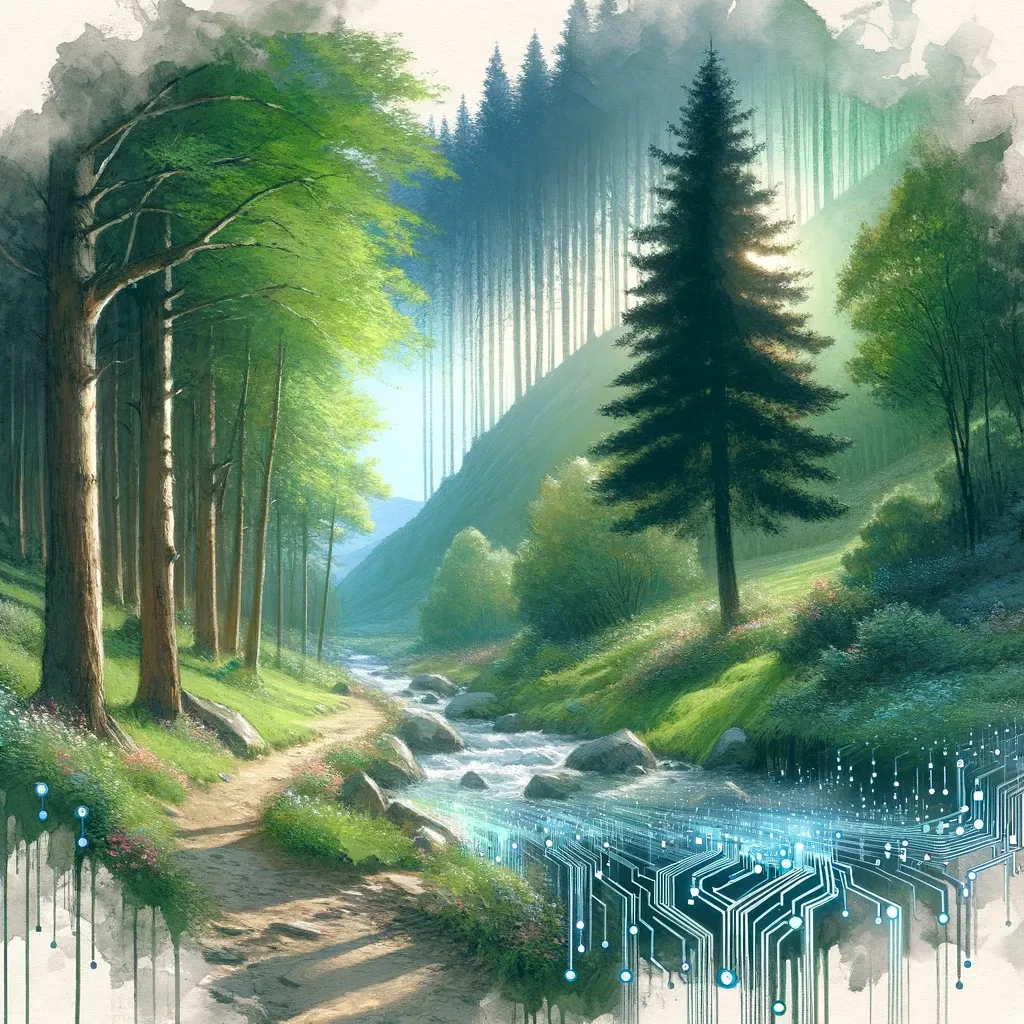The Messy Adventure Called DWeb

The modern web as we know it is embedded deeply in our cultures and day-to-day lives. From social media to instant messaging to 4K streaming, we have become accustomed to a particular set of features, setting our expectations about what it should feel like to use modern software. We expect sleek, highly responsive, globally networked, and oftentimes free applications.
Yet, in the pursuit of such qualities, what do we miss? What other kinds of online experiences are possible? Experiences built on different internet technology and fundamentally different relationships between the users, the software, and the complex web of legal and economic structures in which all of this is embedded.
As builders of unconventional applications belonging to the elusive distributed web (or "DWeb" for short), we tend to ask ourselves such questions. In broad strokes, DWeb is a global community/movement of builders, technologists, activists, and artists enabling a flourishing ecosystem of web technologies for servicing humanity in less extractive and more democratic ways (learn more here).
Sounds pretty great, but what will it actually look and feel like to use these "unconventional" apps? Well, very different. So different, in fact, that we shouldn't think of them as "replacements" for the platforms of the modern tech giants. Why? Because it sets up false expectations about the kinds of experiences DWeb entails.
Rather than expecting these digital tools to be so intuitive and cognitively frictionless we end up scrolling for far longer than we intended, what if we instead imagine digital tools that support us in "high-friction cognition" use-cases, like bridging polarizing political views, building in-person community, making sense of a complex and chaotic world, or simply training our attention spans to increase over time (not decrease, as is the current status quo), among many other imaginative possibilities.
So, if you are a keen observer, supporter, or aspiring contributor to the DWeb movement and are struggling to wrap your head around why any of this even matters or are tired of watching another "blockchain explained in 7 minutes video", this article is for you. I believe many of the core differences between a centralized and a distributed web can be vividly conveyed through an elaborate analogy.
Let's take a trip to a strange, yet perhaps eerily familiar, "hotel".
The Lobby

Imagine you have just wandered into the lobby of a fancy hotel. Golden chandeliers brighten the open, marble covered space. Subtle, relaxing jazz plays in the background on crisp, surround-sound speakers – or is that an actual band in the bar next door? Elegant carpets invite you to lounge on the regal furniture. A sense of luxurious comfort brings a smile to your face. Thrilled, yet hesitant, you approach the receptionist and ask them how much it costs to stay, unsure if you'll be able to afford such pristine accommodations.
Grinning, the receptionist responds happily "It's free."
"..." You are speechless for a second, "Free?... For, like, just the first night, you mean?"
The receptionist continues to smile brightly, "No, for as long as you'd like."
You flush with excitement. You love fancy hotels, and this one is... free! Incredible! But, wait, how is that even possible? Before you can even think of the next thing to say, the receptionist hands over a thick booklet with tiny, nearly illegible font.
"If you're considering staying, please read this, sign it, then return it to me. Also, just so you know, you may invite as many friends as you'd like. We truly hope you enjoy your stay!"
You take the booklet and walk over to one of the couches to sit down. You skim through all the fine print in the booklet, going directly to the last page to sign it without much second thought. Besides, there are lots of other people coming in and out of the lobby and they all look like they're having a great time, what's there to worry about?
You start texting all your friends, "you won't believe this..."
The Fine Print

Laughter and smiles fill the room. You and your friends have been having the time of your lives. You can't even remember how long its been. But none of you plan on leaving any time soon. Everything is so convenient. But, just as you ignored the fine print, so too are you ignoring a growing sense of unease. At first you thought you and your friends would only stay a few days, but it feels as though everything is oriented to you staying longer. Indefinitely, actually.
Unsurprisingly, this is exactly what the hotel wants. It's how the business model works. It's more of a tech company than a hotel. The reason the stay can be free is because you are not the customer. You, and more specifically, your behaviour and the statistical understanding of it, is the thing (the product) this tech company sells to make profits.
The entire building is equipped with the most advanced surveillance technology. AI analyzes multiple data streams 24/7, continuously building more accurate models of all guests and all of their interactions. A camera detects a limp, unnoticeable to the human eye, suggests early degeneration in the knee. Mics and cameras monitor your breathing patterns, unlocking insights into how you might feel towards certain people, appearances, ethnicities, and so on. The toilet is equipped to analyze your urine and feces, offering profound, and extremely vulnerable, insight into what is happening inside your body. Everything that can be monitored during your stay, will be monitored.
All of these observations are extremely valuable and this understanding is used to guarantee the most cost effective advertising platform. Selling an expensive sleep an energy supplement? The hotel can promise that the product ads will only be shown to the hotel guests that are struggling with sleep and energy levels and that can afford the product. No wasted money on advertising. Put another way, it's a business model built around packaging up human attention into a sellable product and making it as controllable as possible.
Sure, the hotel may be a fun place for a while. But living in an environment that is built completely around surveilling your every move to better manipulate your attention is no place to let our lives unfold in the long term. Life is so much more than being a unit of attention that gets processed by algorithms optimizing for profit, just as there is so much more to experience beyond the free hotel.
The DWeb Adventure

If the typical experience on modern, centralized platforms is that of a "free" hotel as outlined above, then the experience of the emerging distributed web is more akin to a camping trip. Not just any trip, but an especially arduous and uncomfortable one.
If you've ever gone camping, you know it isn't for everyone, either. Some people love it, yes, but others want absolutely nothing to do with it. It's messy. It's easy to get lost, trails can be unmarked, backpacks are heavy, uneven terrain make for awful sleep, among a handful of inconveniences. Not only that, you have to bring your own equipment, including a tent, mat, sleeping bag, food, camp stove, and so on. More importantly, the experience is not expertly curated for maximum engagement and low cognitive and physical friction, rather it is a product of significant group effort, all the way from planning logistics to packing and eventually hiking and camping.
Although the convenience of a free hotel is too alluring for many, those willing to sidestep it (even just sometimes) in favour of a challenging, yet highly rewarding, adventure create the opportunity to explore new ways of experiencing connection and social interactions. Experiences that extend well beyond the box of a commoditized, algorithmically controlled service.
Likewise, in our digital lives, platforms like Instagram, TikTok, X/Twitter, Facebook, and so on are, for many users, too convenient and polished (read "addictive") to turn down. There are some concerns about constant corporate surveillance and behavioural manipulation, misinformation viruses, and increasing polarization, but what's the big deal, anyways? It's fun and easy!
On the other hand, those with an inclination for adventure and are looking for web experiences more enriching and respectful of our human vulnerabilities, DWeb projects offer alternatives – though, at a cost. Just as you don't go camping expecting a hotel-like experience, nor should you expect cutting-edge distributed systems and apps to at all replicate the experience of Big Tech. They are completely different.
Maybe you are trying Mastodon for the first time, or, venturing into even more uncharted terrain, you installed Flux or the Holochain Launcher, or you are building something for the Everywhere Computer. In any case, you are likely to face some uncomfortable obstacles. Things aren't as slick as Meta or Google products. nor should they be. Instead, you are leaving the free, surveillance-ridden hotel and embarking on a challenging camping adventure. It's not going to be easy, but that's what makes it so much more memorable in the first place.
Welcome to the messy adventure called DWeb.

P.S. You don't need to adventure alone. These kinds of trips are so much more fun in good company. So, if you're keen to get involved, make sure to come to our next #DWebYVR co-working event and subscribe to our luma events page to be notified whenever we are hosting an event. You can also join our signal group chat and introduce yourself there.
We look forward to imagining and building a better web with you.
(All images were generated by ChatGPT)
Comments ()